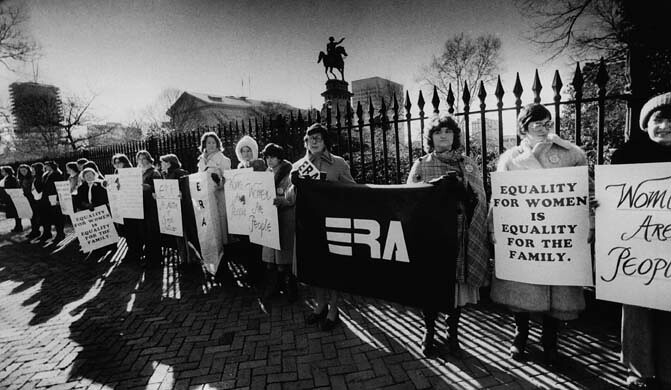Black women are woefully underrepresented across all levels of government - check out the…
3 Reasons Why Lived Experience Must Shape Women’s Political Leadership

Who gets to write the laws that govern our bodies, families, and futures? Too often in the history of American politics, the answer has been: the people least impacted by those laws. From reproductive rights to healthcare access to paid leave, the policies that shape everyday life are still largely written by individuals whose own lives will never hang in the balance of those decisions.
For women, and especially women of color, political leadership is not just about holding office. It’s about bringing lived experience into spaces where policy has long been detached from reality. Representation is not symbolic. It is the difference between policies made from a distance and policies made with care, knowledge, and accountability.
1. Lived Experience Is Not Just Perspective—It’s Expertise
It’s easy to talk about women’s leadership in terms of numbers. But what those numbers really mean is power: the power to bring stories, needs, and insights into decision-making spaces where they’ve historically been ignored. Political theorists call this substantive representation—not just having a seat at the table, but using that seat to advocate for real change (The Impact of Women in Public Office, CAWP).
Lived experience turns policy debates from abstract conversations into urgent questions of survival. A mother who has navigated the brutal cost of American childcare doesn’t need a policy memo to explain why paid leave matters. A woman who has faced medical discrimination during pregnancy or been denied abortion care doesn’t need a statistic to understand what’s at stake. This kind of knowledge isn’t anecdotal, it’s expertise. And when this expertise is missing from political spaces, the policies we get are incomplete at best, and violent at worst.
2. Policies Shaped Without Lived Experience Risk Doing Harm
When lawmakers are distant from the communities they serve, they’re more likely to design policies based on assumptions rather than realities. The result is legislation that misses the mark, or worse, policies that punish the people they claim to protect. One example is the ongoing debate around childcare and family leave. Representative Katie Porter, the only single mother in Congress, has spoken openly about how her firsthand experience shapes her advocacy on these issues (Gender on the Ballot). Without voices like hers, policies often overlook the complexity and urgency of care work, especially for low-income families and single parents.
Research from the Pew Research Center confirms that women leaders are more likely to prioritize issues like healthcare, education, and family support systems (Pew Research Center, Women and Leadership). These aren’t just policy platforms, but lived realities that inform better governance.
3. Representation Builds Trust and Changes Who Feels Invited In
When women lead—especially women who bring the weight of lived experience with them—they don’t just change policies. They change who feels seen and heard in the political process. This “role model effect” has been shown to increase civic engagement, from voter turnout to women running for office themselves (CAWP, Women Voters and the Gender Gap).
Research from the Brookings Institution highlights how underrepresentation leads to political disengagement, while accurate, reflective representation builds trust and encourages civic participation (Brookings, Why Census Undercounts Are Problematic for Political Representation). When leadership reflects the realities of the people it serves, politics becomes not just a system of power, but a space of belonging.
Lived experience is not optional in policymaking. It is essential. To close the gender gap in political leadership—and to create policies that truly meet the needs of our communities—we have to recognize lived experience as a form of expertise. When the people most impacted by lawmaking have a voice in the process, we get closer to a democracy that works for all of us.






